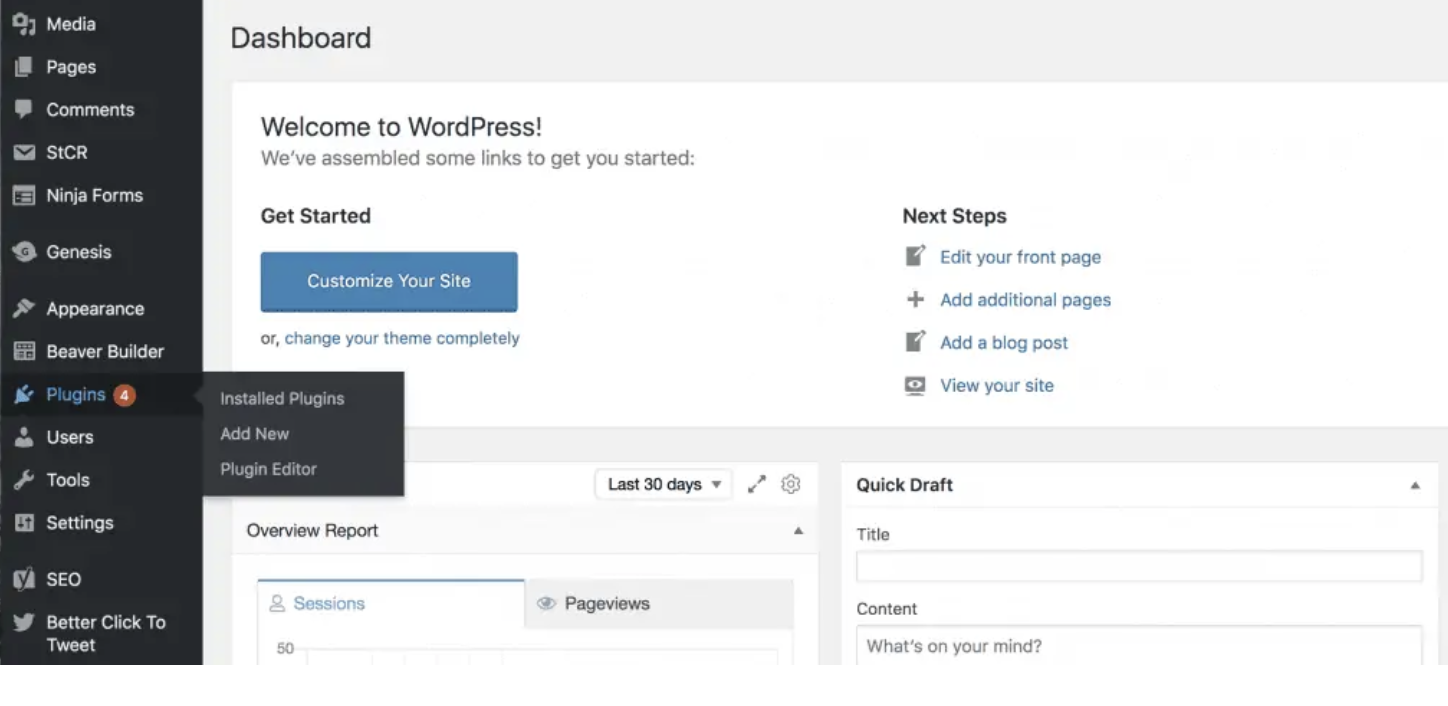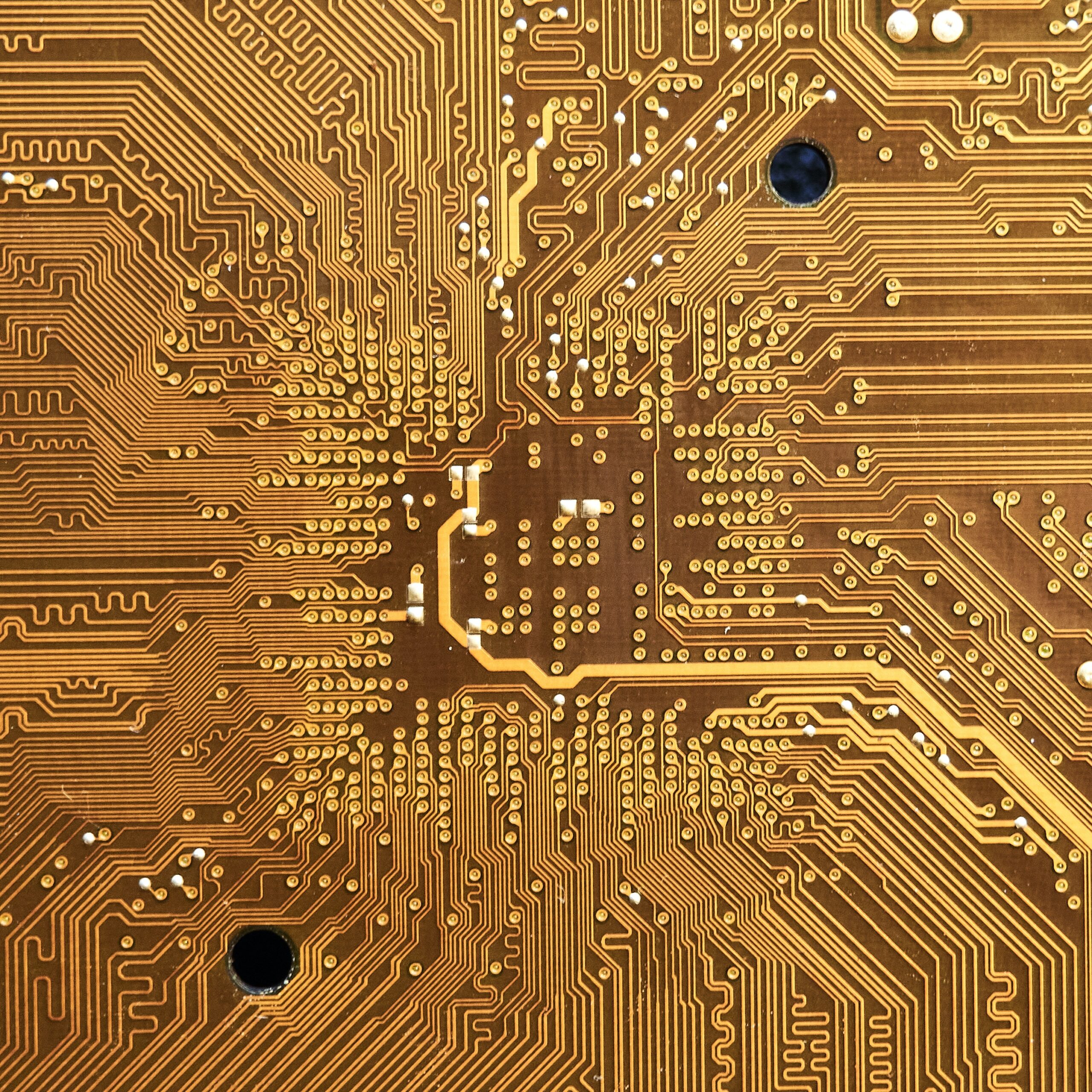Healthcare
Top 10 AI Innovations Transforming Healthcare Today

Top 10 AI Innovations Transforming Healthcare Today
In recent years, the healthcare industry has witnessed a rapid transformation with the integration of Artificial Intelligence (AI) technologies.
From improving patient care to streamlining administrative tasks, AI is revolutionizing the way healthcare is delivered.
In this article, we will explore the top 10 AI innovations that are reshaping the healthcare landscape.
1. Virtual Assistants
Virtual assistants, powered by AI, are making healthcare more accessible and efficient. These intelligent chatbots can answer patient queries, provide medical advice, and even schedule appointments.
By automating routine tasks, virtual assistants free up valuable time for healthcare professionals, allowing them to focus on more critical aspects of patient care.
2. Medical Imaging Analysis
AI algorithms have the ability to analyze medical images, such as X-rays and MRIs, with remarkable accuracy.
By quickly detecting anomalies and identifying potential diseases, AI-powered medical imaging analysis helps radiologists make faster and more accurate diagnoses. This not only saves time but also improves patient outcomes.
3. Predictive Analytics
AI algorithms can analyze vast amounts of patient data to identify patterns and predict potential health risks. By leveraging machine learning techniques, healthcare providers can proactively intervene and prevent adverse events.
Predictive analytics can help identify patients at risk of developing chronic conditions, allowing for early intervention and personalized treatment plans.
4. Drug Discovery
Developing new drugs is a time-consuming and expensive process. AI is transforming this process by analyzing vast amounts of data to identify potential drug candidates.
Machine learning algorithms can predict the efficacy of a drug and its potential side effects, reducing the need for extensive clinical trials. This not only accelerates the drug discovery process but also reduces costs.
5. Remote Patient Monitoring
AI-powered remote patient monitoring enables healthcare providers to monitor patients’ vital signs and health data from a distance. This technology allows for early detection of potential health issues and reduces the need for frequent hospital visits.
By providing real-time insights, remote patient monitoring improves patient outcomes and reduces healthcare costs.
6. Robot-Assisted Surgery
AI-powered robots are revolutionizing the field of surgery. These robots can assist surgeons with precise movements, reducing the risk of human error.
AI algorithms analyze real-time data during surgery, providing surgeons with valuable insights and enhancing surgical precision. Robot-assisted surgery enables minimally invasive procedures, leading to faster recovery times and improved patient outcomes.
7. Personalized Medicine
AI algorithms can analyze an individual’s genetic makeup and medical history to tailor treatment plans and medications.
By considering a patient’s unique characteristics, personalized medicine improves treatment efficacy and reduces adverse reactions. This approach allows for more targeted and effective healthcare interventions.
8. Fraud Detection
AI algorithms can analyze vast amounts of healthcare data to detect fraudulent activities. By identifying suspicious patterns and anomalies, AI-powered fraud detection systems help prevent healthcare fraud, saving billions of dollars annually.
This technology ensures that resources are allocated to genuine patient care, rather than being wasted on fraudulent claims.
9. Mental Health Support
AI-powered chatbots and virtual therapists are providing much-needed support for mental health issues. These intelligent systems can engage in conversations, offer counseling, and provide resources for mental well-being.
AI-powered mental health support systems are accessible 24/7, providing individuals with immediate assistance and reducing the burden on mental health professionals.
10. Health Monitoring Wearables
AI-enabled wearables, such as smartwatches and fitness trackers, are empowering individuals to take control of their health. These devices can monitor vital signs, track physical activity, and provide personalized health recommendations.
By promoting healthy behaviors and facilitating early detection of potential health issues, health monitoring wearables are transforming preventive healthcare.
As AI continues to advance, the possibilities for its application in healthcare are endless. From improving patient outcomes to reducing healthcare costs, AI innovations are revolutionizing the way healthcare is delivered. Embracing these technologies will undoubtedly shape the future of healthcare.
Summary
Artificial Intelligence (AI) is transforming the healthcare industry with its innovative applications.
From virtual assistants to personalized medicine, AI is revolutionizing patient care, improving diagnostic accuracy, and streamlining administrative tasks.
With the potential to enhance healthcare outcomes and reduce costs, AI is paving the way for a more efficient and patient-centric healthcare system.
FAQs
1. How is AI transforming healthcare?
AI is transforming healthcare by improving patient care, streamlining administrative tasks, and enhancing diagnostic accuracy.
2. What are some examples of AI in healthcare?
Examples of AI in healthcare include virtual assistants, medical imaging analysis, predictive analytics, and robot-assisted surgery.
3. How does AI benefit patients?
AI benefits patients by improving diagnostic accuracy, enabling personalized treatment plans, and facilitating remote patient monitoring.
4. Is AI replacing healthcare professionals?
No, AI is not replacing healthcare professionals. It is augmenting their capabilities and enabling them to deliver more efficient and effective care.
5. Are there any ethical concerns with AI in healthcare?
Yes, there are ethical concerns surrounding AI in healthcare, such as data privacy, algorithm bias, and the potential for job displacement.
6. How can AI reduce healthcare costs?
AI can reduce healthcare costs by automating administrative tasks, improving efficiency, and enabling early intervention to prevent costly complications.
7. What is the future of AI in healthcare?
The future of AI in healthcare is promising, with continued advancements in areas such as personalized medicine, genomics, and telemedicine.

-

 Education2 years ago
Education2 years agoCreating Engaging And Relevant Content As A Literacy Influencer
-

 Internet3 years ago
Internet3 years agoWhat Are the Differences Between WP Rocket, RocketCDN and Cloudflare
-

 How To..3 years ago
How To..3 years agoWhat Is Better Than Safety Deposit Box
-

 Mobile Phones3 years ago
Mobile Phones3 years agoKnow About the New Upcoming Mobile Phones
-

 SEO2 years ago
SEO2 years agoWordPress: How to Fix ‘Add New Plugin Menu Not Showing
-

 Software2 years ago
Software2 years agoWhy is Content Workflow Software Necessary for Content Production
-

 Digital Marketing1 year ago
Digital Marketing1 year ago13 Possible Reasons Why Your Google Ads Are Not Showing Up
-
TVs2 years ago
All You Need to Know About the Toman Tokyo Revengers

















